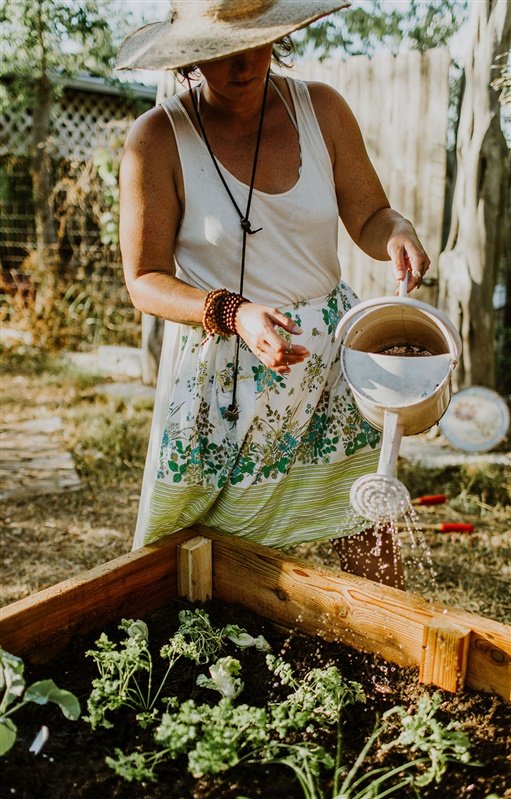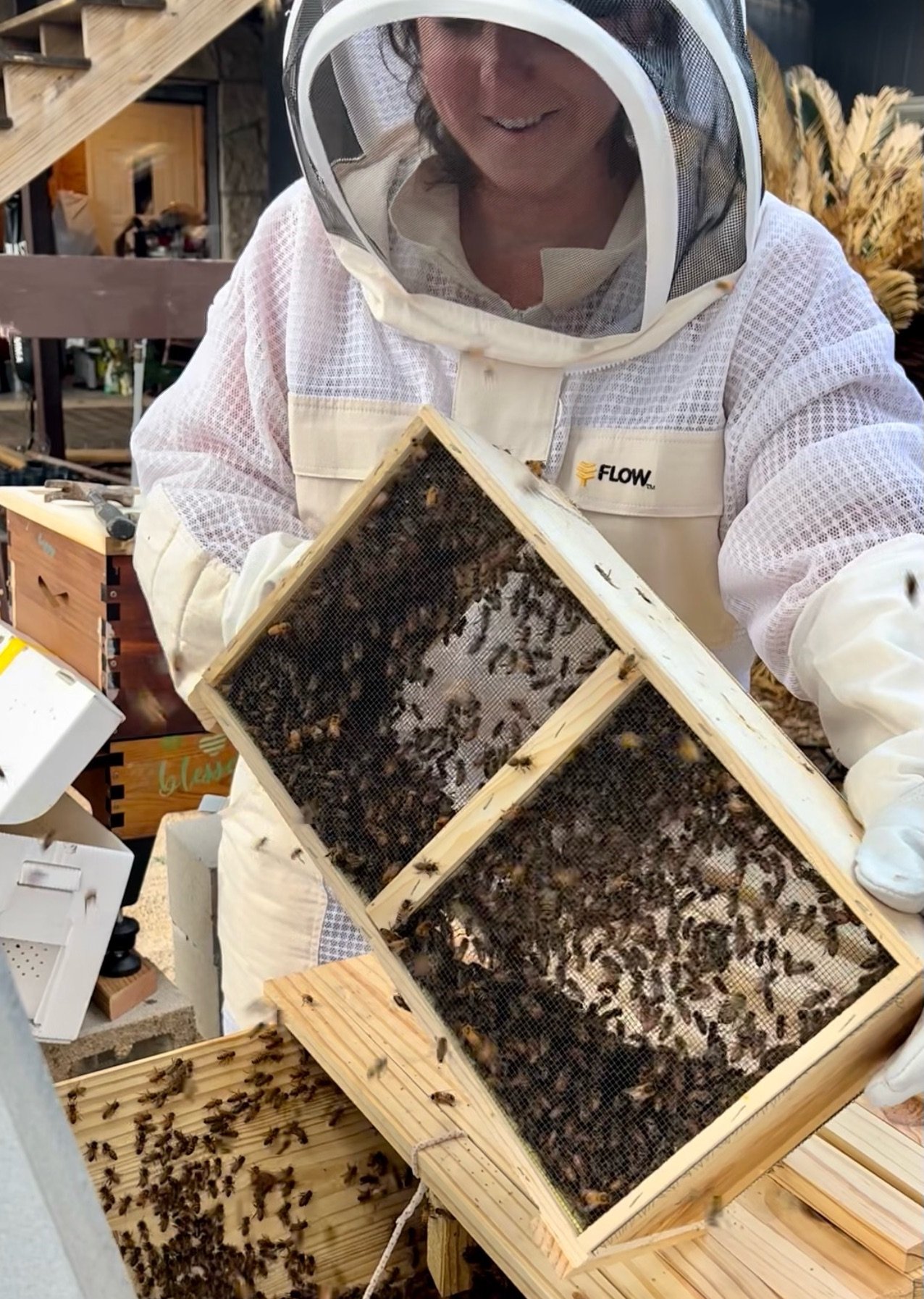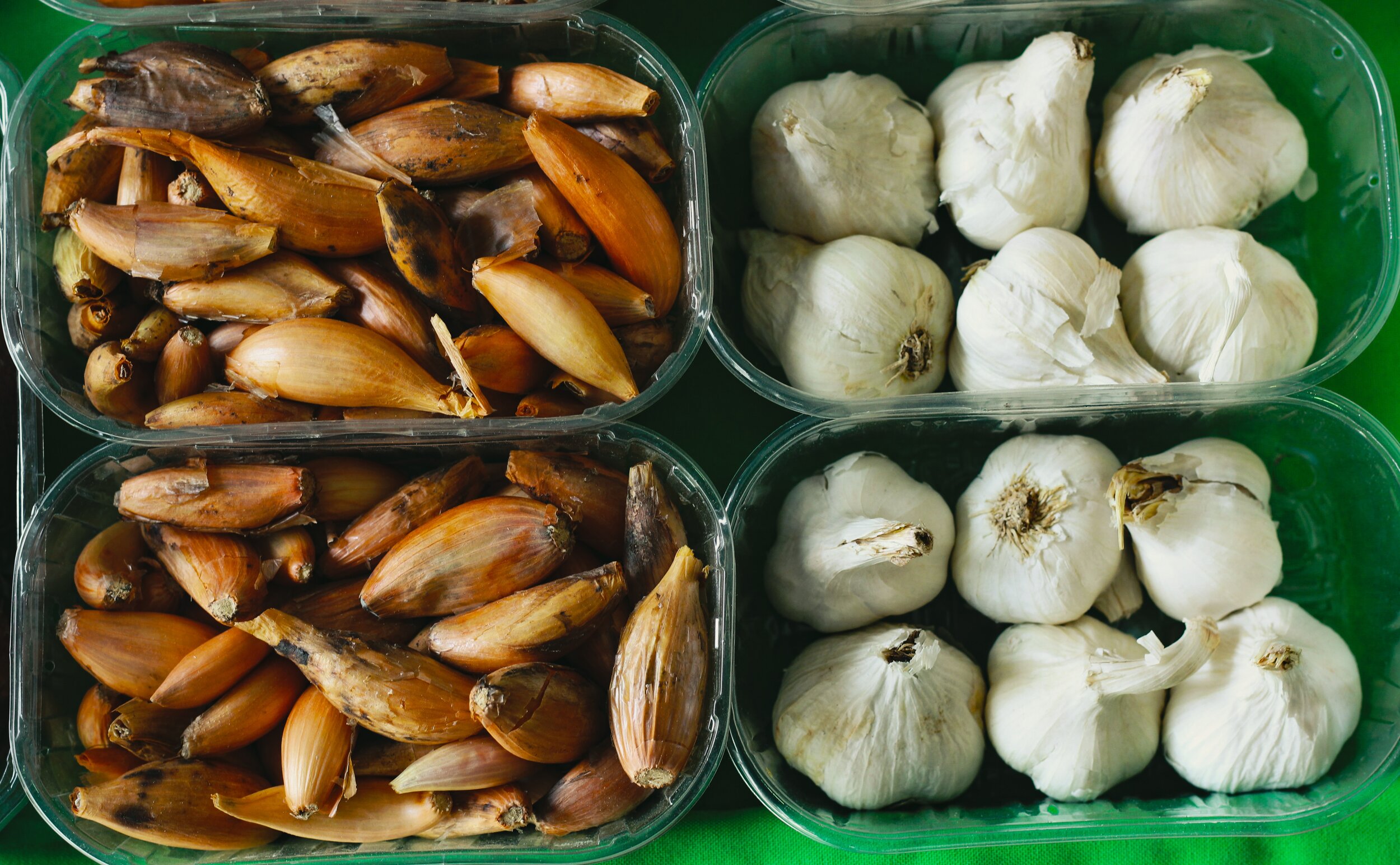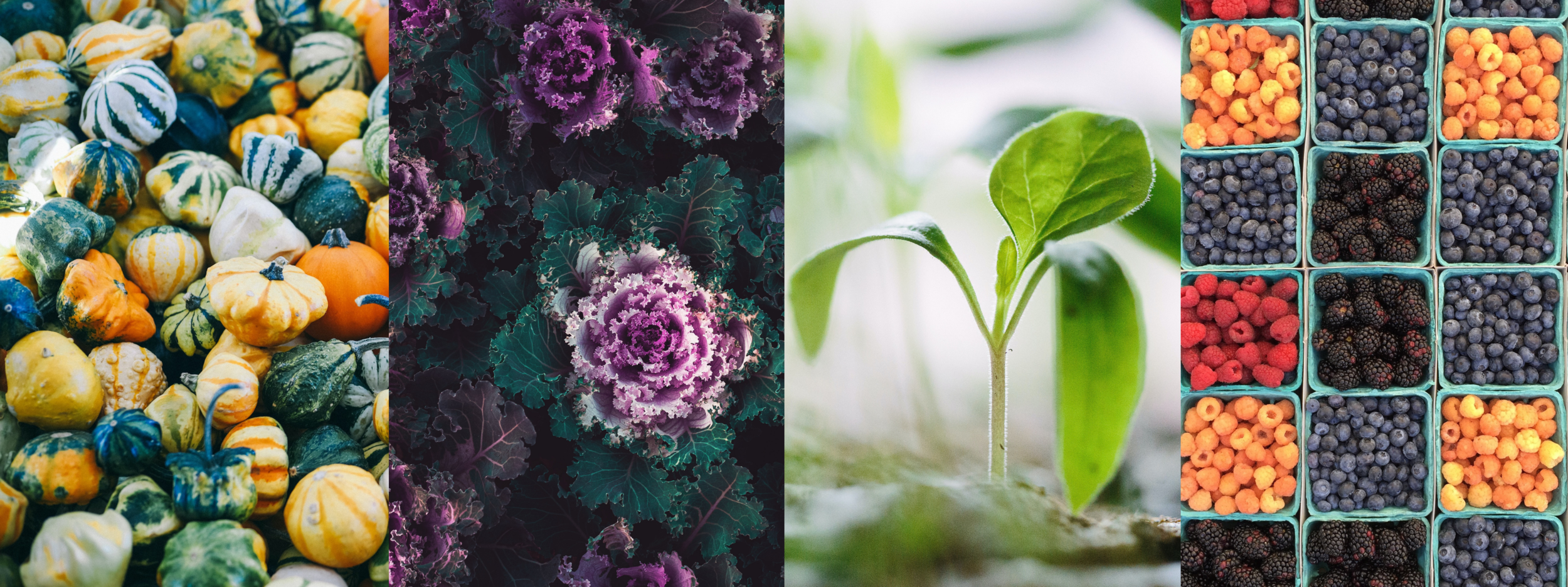Garlic and Shallot Galore ~ How to plant these medicinal wonders in your garden
By Amy Lupton
A staple to almost every garden, easy to grow, and highly medicinal…the amazing allium family (think onion, garlic, shallot) never disappoints in bringing a wonderful flavor and unique healing property to your plate.
Old as time itself, these cold hardy, drought tolerant, pest resistant plants have made their way across the world and into our bellies and apothecary.
Traditionally, the alliums have been staples for thousands of years in almost all cuisine across the globe. From the Italians to the Incas, across ancient and modern cultures, these have been used as a staple to flavor everything from pasta, beans, and beverages to medicinal teas, tinctures and poltices. Many folk and herbal medicine pioneers used them regularly, recorded in tombs and medicine manuals, across healing ceremonies and even beneath the skin and on bottoms of feet as a disinfectant.
The stars in the allium family are shamelessly onion, garlic and shallots.
They make excellent companion plants, as they can take the push and shove of other plants, but will always stand their ground. :) They like full sun, and enjoy some cold fall/winter temperatures before making proper bulbs. They will thrive in most seasons as chives (although in warmer climates planting garlic and shallots is preferred in fall gardens to give them that cold snap they love).
Today, many alternative modalities use them as an antiviral, antibacterial and a blood cleanser. They can be useful for a whole laundry list of ailments, but boosting immune health is a common use, especially in the fall and winter months. If you do grow them in your garden, they will last a long time in dark, cool and well ventilated areas.
Soil tips on planting alliums:
Since they bulb underground, they prefer soft and fluffy soil to allow the bulbs to expand easily.
It’s always important to have a high quality compost added to give the soil what it needs to create an amazing and nutritious plant. This can be compost tea from garden worms, worm castings (our favorite), or a compost from your local garden store. 30% compost is a good ratio to strive towards. If you are planting in clay dominant soil, you will need even more compost.
Tips on planting onions:
Onion roots stay short, so watering and fertilizing (we like worm castings tea) frequently will grow the size bulb that is desired.
Starting from onion seed can sometimes yield better bulbs, just require a bit more time.
The earlier the better to plant onions, they need about 125 days to mature.
Tips on planting garlic and shallots:
Plant individual cloves pointy side up, 6 inches apart, to where the pointy side is even at soil height.
They will want predictable and even moisture (especially until the leaves peak above the soil). Shallots prefer a a bit less water than garlic.
After leaves poke out, we always recommend a generous mulching to keep the soil moist, conserve water and keep out weeds.
For harvesting garlic, stop watering in late spring so the garlic can segment out and dry. The garlic is ready to harvest when the lower leaves turn yellow (but not when all the leaves turn yellow).
Tips for harvesting onions, garlic:
Do not wash or trim when harvesting, just keep the bulbs/onions in a cool and dry area for about 3 weeks.
Can use pantyhose to separate and hang, or some other light airy material.
Check regularly for mold and remove.
Once dry, then you can trim, remove dirt or braid stems.
Tips for harvesting shallots:
You can harvest them anytime when the bulbs are a useable size.
Shallots have a milder flavor than its cousins, and they are best eaten immediately.
You can harvest them once leaves are brown, and store about 100 days until dry.












